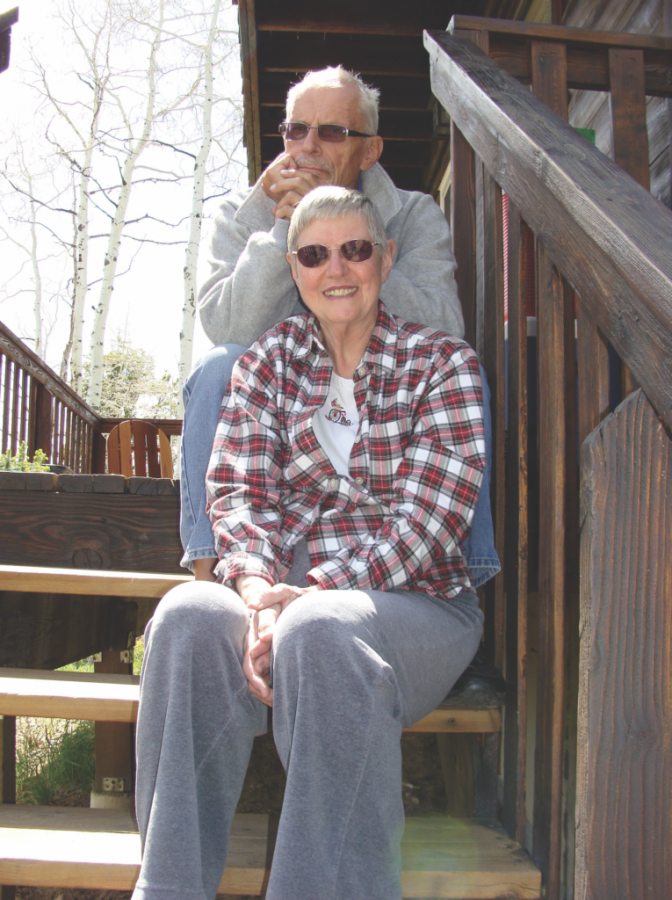I was in first grade when my grandmother was diagnosed with breast cancer. I can remember watching from the doorway as my uncle took the razor and shaved my grandmother’s head. Often in movies, this scene is the dramatic transformation, the physical manifestation of cancer. But they have it wrong. You don’t get scared as a little kid when your grandmother is bald; you giggle as you rub her smooth head and talk about how she could get a wig of purple hair like a rock star. No, you don’t get scared until she can no longer get out of bed, until everything she eats makes her vomit and she doesn’t seem to be getting any better. That is when you realize she might never take you to the park again.
Why did my grandmother develop breast cancer? No one really understands what causes breast cancer, so it could just be bad luck. However, since an individual’s genes can increase their risk of cancer, my grandmother’s diagnosis is very likely linked to her heritage.
The founder mutation for BRCA2, one of the two so-called breast cancer genes, is found in those of Icelandic descent, a small population into which my grandmother falls. While she has failed tests meant to detect BRCA2, both the BRACAnalysis and the BART test, there is a chance my family could still be carriers, as neither test is completely conclusive. I was in high school when I finally understood that I might have the genetic wrinkle that could one day cause my body to kill itself. I inherited green eyes and, perhaps, an increased risk of cancer.
There is some fear that comes with knowing you are at a higher risk for one of the deadliest cancers, but knowing this, you can begin to work with your OBGYN to take preventative measures. It is important to understand your family’s medical history, and if you have relatives who have had breast cancer or ovarian cancer, you may consider taking the BART test. While the test is not perfect, it can allow you more understanding of your body and its needs. It can be overwhelming to get a positive result back, but I can attest, as a witness to my grandmother’s pain, that cancer and chemotherapy are even worse. If you are like me, a potential carrier, being aware of your family history gives your doctor a heightened awareness of your needs so they can recommend more specific care.
My grandmother has been cancer free for almost six years. She not only beat her first diagnosis, she beat the following four. She has been able to celebrate her 50th wedding anniversary, attend her oldest granddaughter’s graduation and try paddle boarding despite her fear of water. When I visit, we talk about my semester and the romance novel she is currently reading. I show her pictures of what I have been up to, and she laughs at my stories. And yes, sometimes she takes me to the park.



